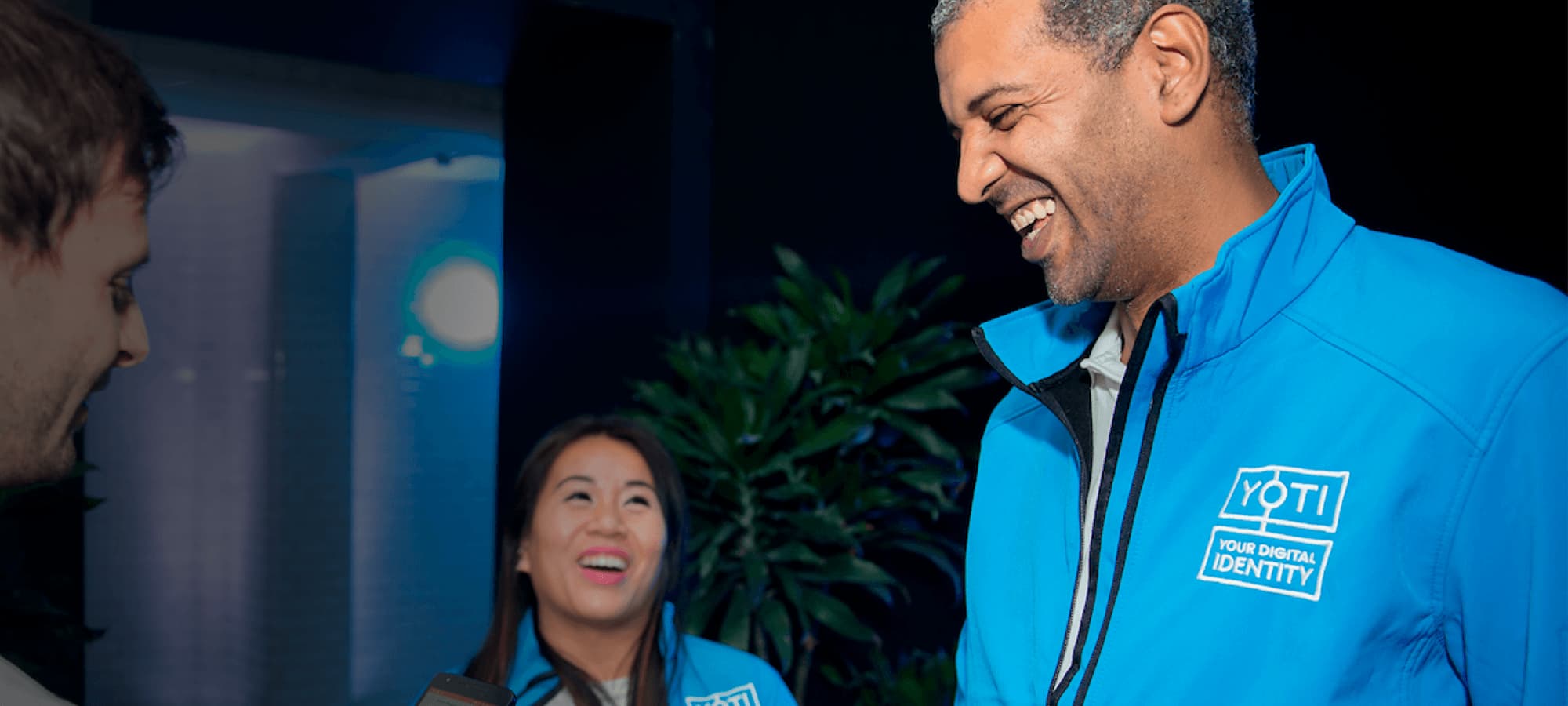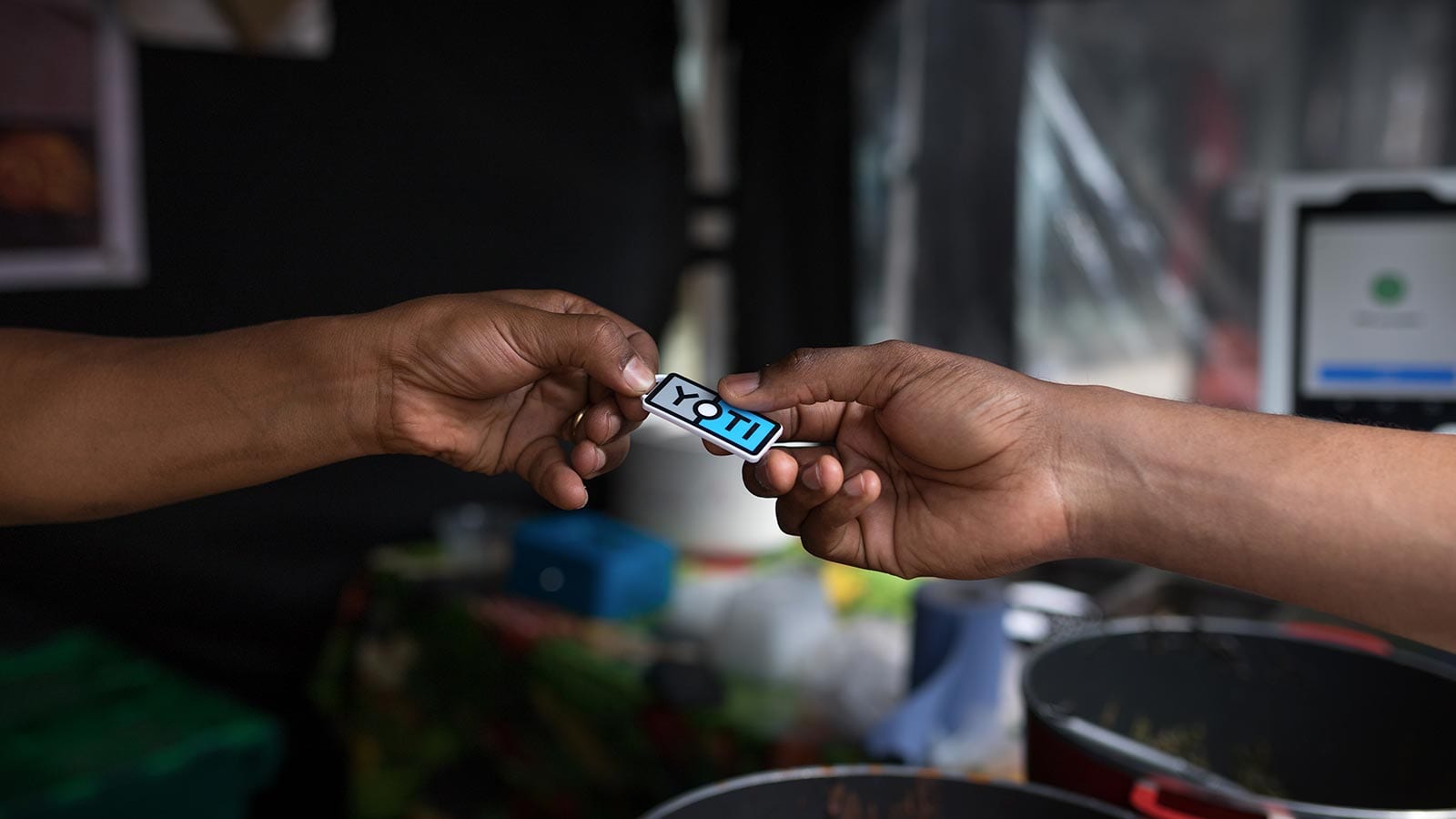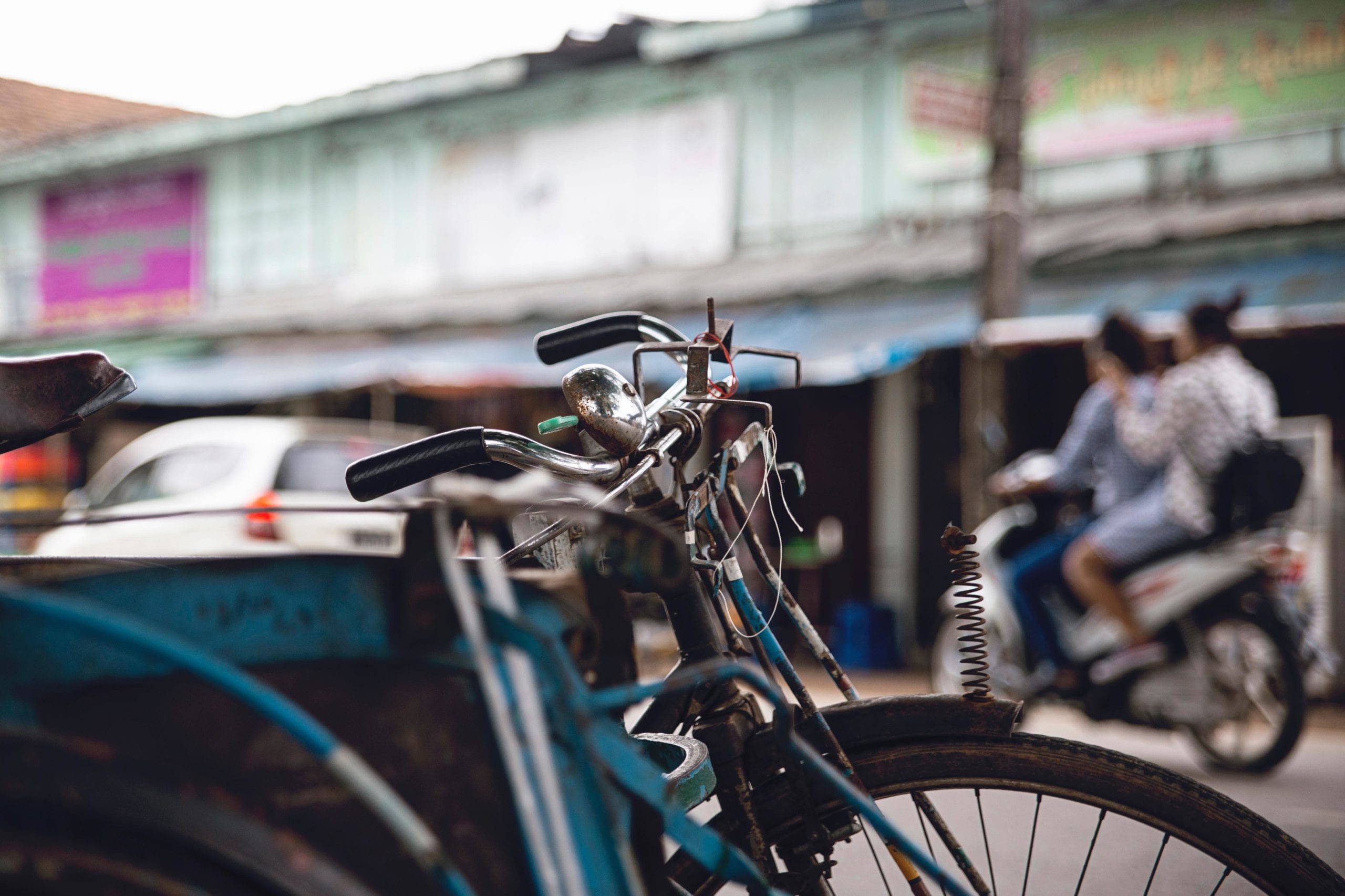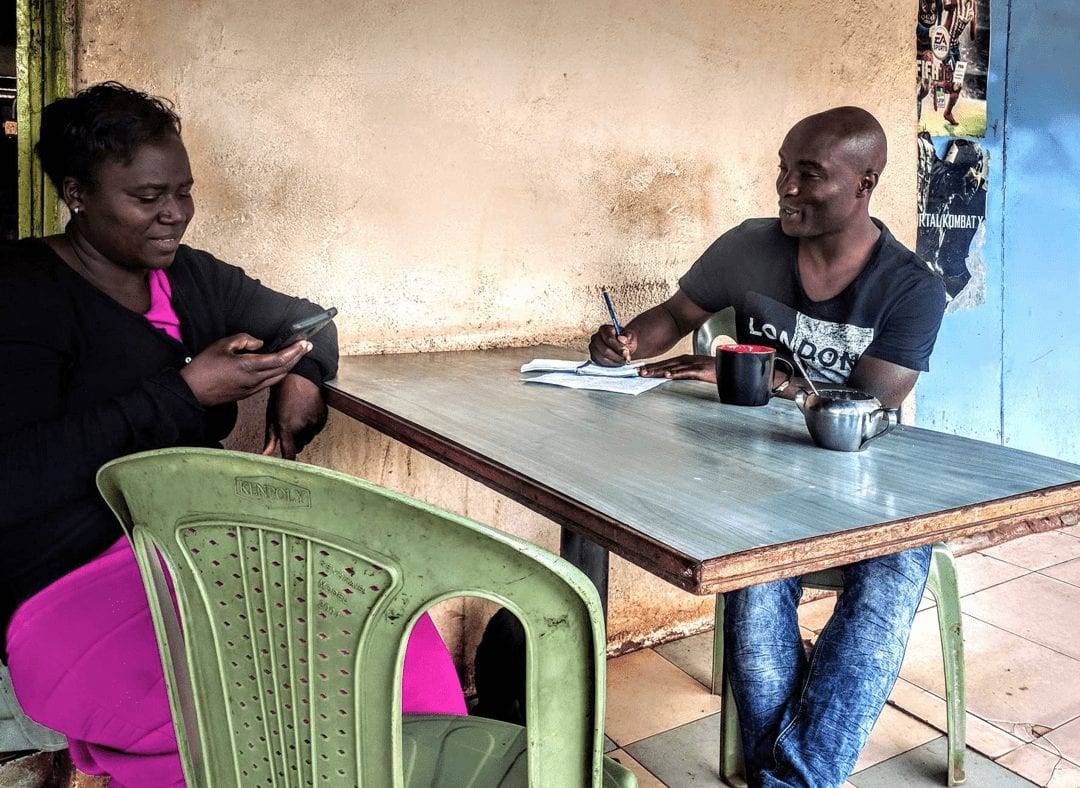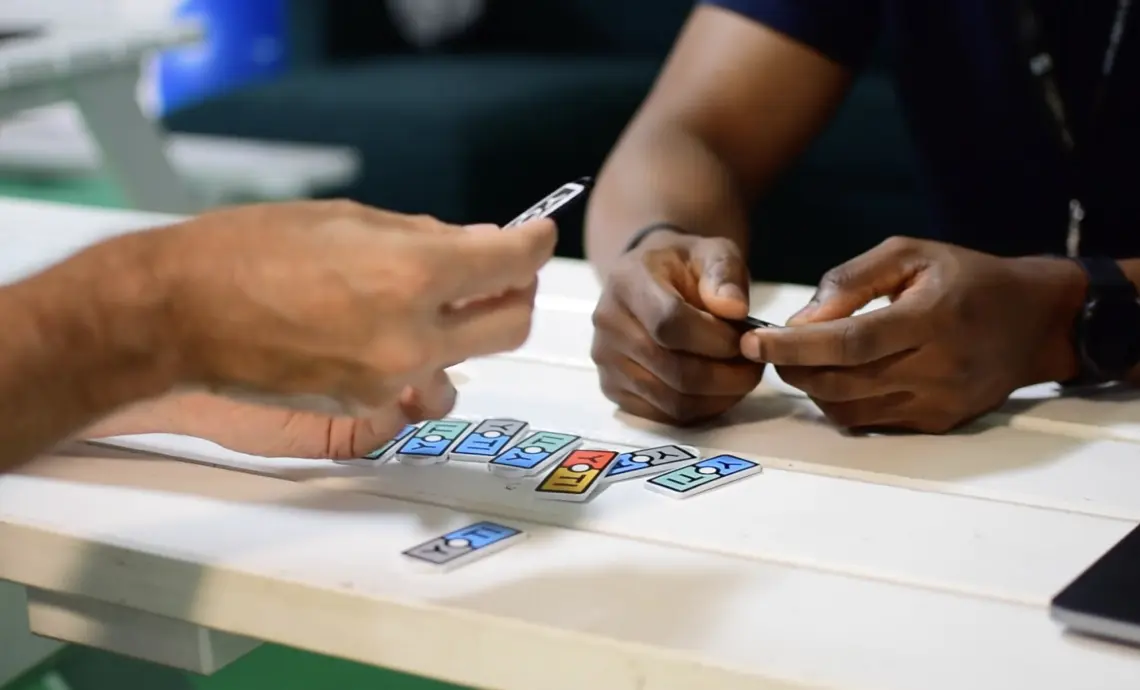Research
Yoti UK charity research reveals a sector not yet ready for digital identity solutions
Earlier this summer we commissioned research to better understand digital identity needs in the developing world. That research focused specifically on humanitarian work in Africa and South East Asia, and a summary of those findings can be found here. We’re also keen to support the social sector in markets closer to home. However, despite our efforts, uptake in the UK in particular has been slow. As part of a wider review of our social impact strategy, we felt additional research was needed to help us better understand the issues and challenges facing UK non-profits when it comes to making sense
We want to hear about your charity’s digital identity needs
How could digital identification help UK charities to more effectively collect information about people using their services? Do charities need to prove who people are, ensure that they are legally eligible for services or to record and recall information about them? If they do, what worries them about the process? Could Yoti Keys help people to take ownership of their background information and how they share it when accessing multiple, or repeat, services? We have commissioned Nissa Ramsay of Think Social Tech, together with Pauline Roche of RnR Organisation, to find answers to these all important questions. Nissa and
Digital identity in the last mile: grassroots research overview
We recently commissioned research to better understand digital identity needs in the developing world. Specifically, we wanted to understand how grassroots nonprofits could benefit from a digital identity platform to conduct their humanitarian work in Africa and South East Asia. Today, we’re publishing an overview of the project. The short document outlines the initial thinking behind our research, our thoughts on an offline product, what we sought to learn from the field based research and a few of our higher level findings. Download the ‘Digital identity in the last mile’ overview here. Please read through it and share it far
Digital identity in the last mile: lessons from South East Asia
Here at Yoti, we believe in the benefits of digital identity for all. As we continue to ramp up our efforts in the humanitarian sector, we recently commissioned research to better understand digital identity needs among grassroots nonprofits in the developing world. The first post in the series of two covered our work in Africa. Read it here. In this post, David Burton – a member of our South East Asia research team – shares his approach and findings from the region. Digital identity in the last mile How can we keep our identities safe? It’s one of the
Digital identity in the last mile: lessons from Africa
Here at Yoti, we believe in the benefits of a digital identity for all. As we continue to ramp up our efforts in the humanitarian sector, we recently commissioned research to better understand digital identity needs among grassroots nonprofits in the developing world. In this guest post, Kevin Madegwa – our African research lead – shares his approach and findings from the continent. Look out for a second guest post on our findings in South East Asia coming soon. Digital identity in the last mile Identity research is not something I had thought too much about until I was
New adventures in digital identity
A few months ago, as I planned my move to a new Head of Social Impact role at Yoti, I started to do a little digging into who was saying what, and doing what, in the world of digital identity. At the risk of stating the obvious, it’s a bit of a hot topic right now (along with drones, big data, AI and 3D printing). I wasn’t surprised to find well over two dozen fairly recent papers and reports on the challenges and potential of digital identity in global development. Between accepting my new role and my start date, someone


